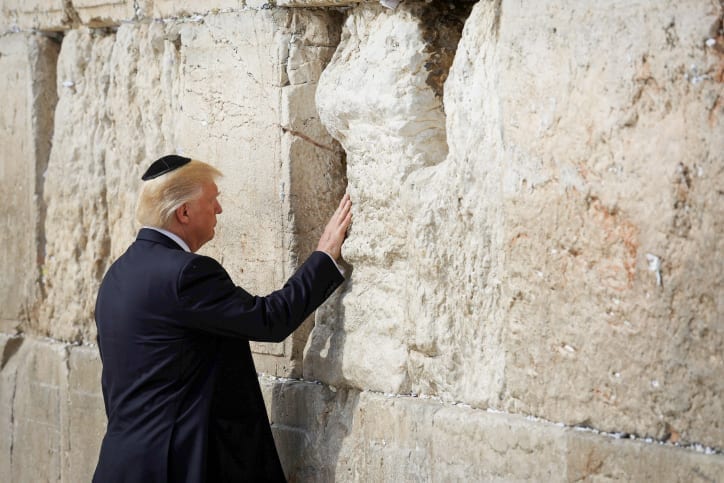Prof. Amir Amedi’s world-renowned Lab for Brain and Multisensory Research at the Hebrew University of Jerusalem, is enabling people with vision impairment to “see” their environment with the aid of sensory substitution devices (SSDs) based on sound and touch, reports Israel21c.org.
Two of the lab’s groundbreaking inventions are being readied for the mass market in Brainnovations, Israel Brain Technologies’ four-month accelerator program.
EyeCane, which appears like a flashlight, emits infrared rays to translate distance into auditory and tactile cues enabling the user to sense objects within an adjustable range of up to five meters. EyeCane users can estimate distances, avoid obstacles and successfully navigate simple environments. Using infrared rather than ultrasonic rays gives EyeCane has superior accuracy, and it is expected to be more affordable than competitive devices.
Amir and his team have already exhibited the EyeCane prototype at conferences and exhibitions, and testers in Israel have given enthusiastic testimonials.
EyeMusic is an app and mini camera system that conveys colors, shapes and location of objects by converting images into “soundscapes” for the brain to interpret visually. Blind individuals can be trained to recognize the letters of the alphabet, “see” pictures of animals, and even find an object or person in a complex visual landscape. EyeMusic is the only system of its kind that can effectively convey color and brightness information. A version of the app is available free on the Apple App Store and Google
Daphna Rosenbaum, CEO of RenewSenses, a pre-startup based on Amedi’s research in the medical neurobiology department of the university’s Institute for Medical Research Israel-Canada, says that combining EyeCane and EyeMusic could give unprecedented self-navigation capabilities to blind people.
“We offer independence in understanding and interpreting one’s surroundings using the natural brain processing of interpreting the landscape and objects,” says Rosenbaum. “No machine is as sophisticated as the brain and our solution is based on its elasticity and sensory substitution abilities.”
Yaacov Michlin, CEO of Yissum, the development arm of Hebrew University, says, “Amedi lab’s ‘amazing’ research challenges the conventional notion that the brain is divided into distinct sensory regions. People have the ability to take information from one sense and present it in another, thus enabling blind people to ‘see’ by using other senses such as touching or hearing,” he said.





